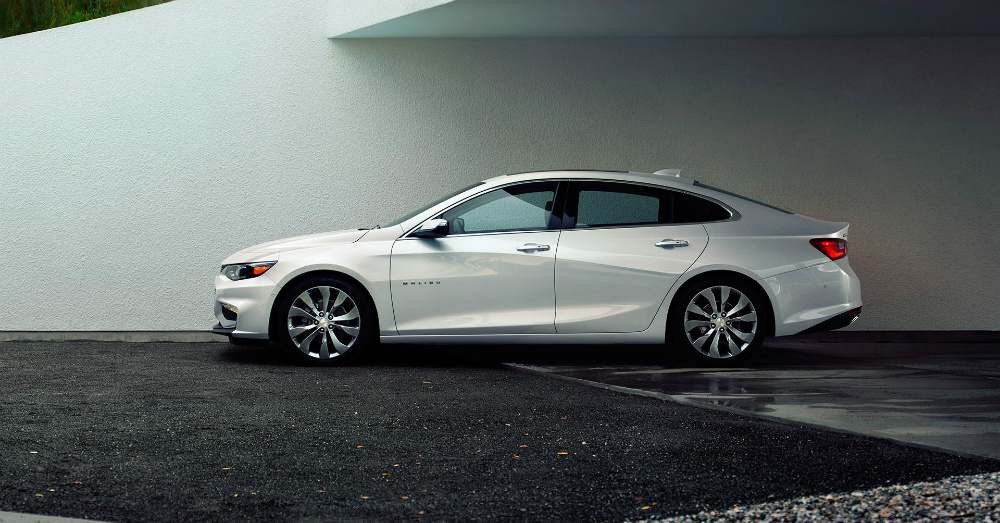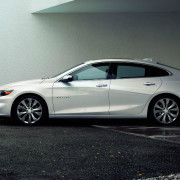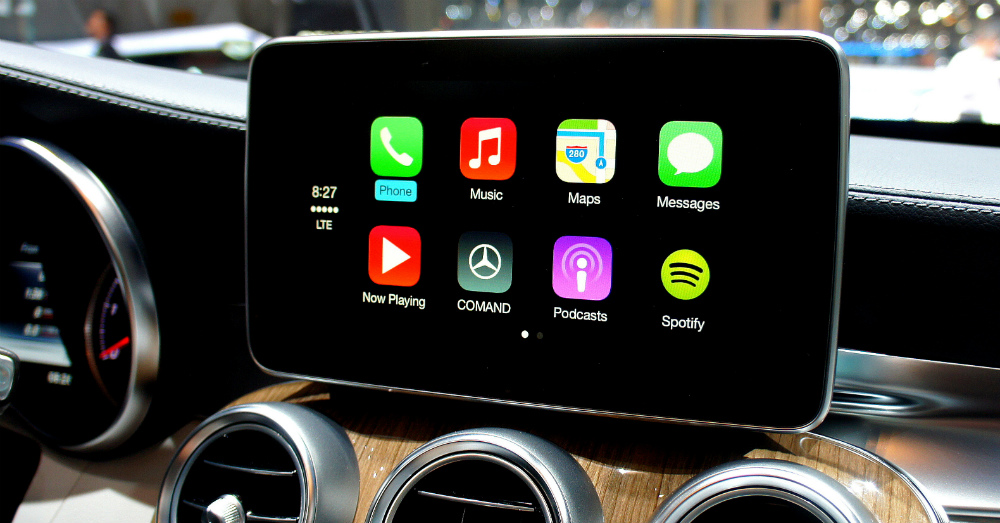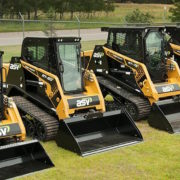
We fret over fuel economy because we want to save a few dollars at a time at the pump. With a vehicle that offers great fuel mileage you certainly can be proud that you have saved a lot of money of the time you own the vehicle. The question becomes what you should do to improve your fuel mileage and how different elements affect the overall fuel mileage of your new ride. In a world full of information you might not think there should be a time when you find any myths, but there is several regarding fuel mileage you should be aware of.
Warm Up – In the older days you needed to warm up your car before taking off for the day to allow for the best fuel mileage. You do get the best fuel mileage when the car is warmed up to its optimal driving temperature but letting your car sit while turned on for a long time before driving decreases your overall fuel mileage and does nothing to increase it at all. In reality if you go down the road slowly your car will warm up faster and provide you with the best fuel mileage sooner.
Age Effect – This myth states that a car’s fuel efficiency decreases with age. The reality is the car itself will not lose much at all even after ten or fifteen years as long as you have properly maintained your vehicle. If you notice a significant decrease in the fuel mileage you should look more toward the way you have maintained the car over the years. Do a complete check of the maintenance schedule and see where you need to make improvements in order to help bring back the fuel mileage you have enjoyed in the past, it’s probably a very easy fix.
Smaller is Better – This myth was true for a naturally aspirated model and time when turbocharging and hybrids were not on the market. Today you can have a midsized car that has the same or better fuel efficiency as a smaller car in order to have the right fuel mileage for you. You can buy cars that have direct injection, turbo, hybrid, and even diesel engines in order to get the most miles out of your gallons of gas you put in the tank every month. A great example is the Chevrolet Malibu Hybrid which offers 47 mpg, better than many smaller cars.
Government Testing Required – The requirements for testing vehicles for fuel mileage is limited to the vehicles that weigh in at 8,500 pounds or less. This means the larger trucks are not tested for fuel mileage at all. This does mean that most vehicles are tested and therefore we do get some proper testing numbers from a vast majority of the vehicles that we drive, but if you want to drive a larger truck or need to for your job, the fuel numbers may not be tested as accurately because these vehicles do not require it.
Fuel Mileage Guarantee – When you look at a window sticker the two things most look for are the price and the fuel mileage of the vehicle. This can lead to some sticker shock when you see a high number on the sticker and don’t experience this number for yourself when driving. All vehicles come with a “your mileage may vary” stipulation and your fuel mileage is based on your driving, loading and maintenance habits of the vehicle. Even the mix of gasoline from one pump to another can affect the number.
Manual vs. Automatic – The advances made in technology have made it so a car can shift much better than a human. This is done with the advanced transmissions and the computerization needed to make them work. This makes an automatic typically more efficient now than a manual and a CVT will be even more efficient still. The problem here is there are many of us that would love to be able to drive a manual instead of an automatic and many brands are doing away with manuals altogether. For efficiency purposes, the newer automatics win every time to give you the best overall fuel mileage.
Start vs. Idle – The old myth was that it took more fuel to start a vehicle than to allow it to sit at idle. This meant being stuck in traffic with an accident ahead while keeping your car on was the right choice. The fact that companies offer start-stop technology for your car to help you save fuel is enough proof that this is a myth. If your car doesn’t offer this and you know you will be at a standstill for a while it’s a good idea to turn the car off rather than let it idle, unless you need the air conditioning or are using electronics inside the vehicle which could drain the battery.
Premium vs. Regular – This myth was one that stated using premium fuel is better for your engine and yields more fuel mileage than regular. If your car is set to use regular gasoline that is what you should use. The higher octane isn’t needed, won’t give you more fuel mileage and will simply cost you more to fill up. Only use the higher octane fuels when your engine specifically calls for it, otherwise you are wasting your money.
Air Filter – This is another old myth that still is spoken often. In older cars that used carbureted engines you did need to change the air filter regularly, but with the newer fuel injected engines you don’t need this at all. Changing the air filter is important, but not for fuel mileage, but for creating a freer breathing engine which makes for a better overall performance of the engine. Even though you need to change your air filter on a regular basis you do not need to worry that letting it be dirty will cause you to have a poor fuel mileage performance.
Additives and Devices – The fuel additives that you find at different stores will not give you an improved fuel mileage even if they claim to do so. These products are not actually vouched for by the Federal Trade Commission to be able to have any claim to do what they claim to do; improve your fuel mileage. The only way to improve your fuel mileage is to change your driving habits or add on a comprehensive conversion kit that has been tested and meets all EPA certification standards to give you a much better fuel mileage performance.
If you were under the impression of any of these myths, free yourself from the myths and enjoy the drive of your vehicle without the worry of how you are affecting the fuel mileage. By driving conservatively, keeping the proper maintenance schedule and paying attention to the percentage of ethanol in your fuel you can have the best fuel mileage your car is made to offer you.




